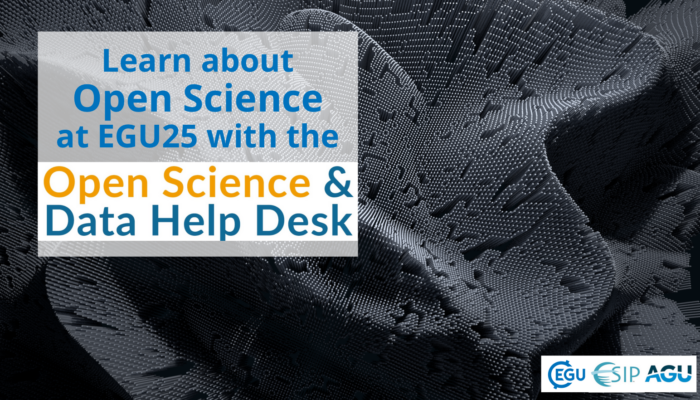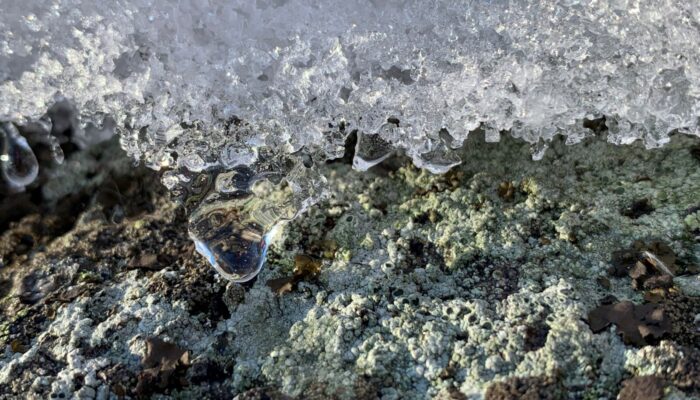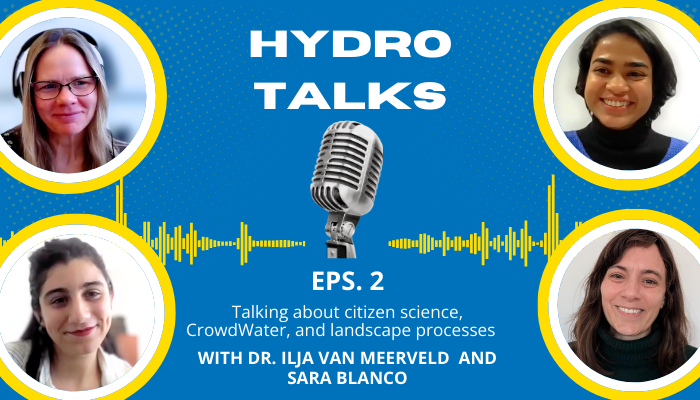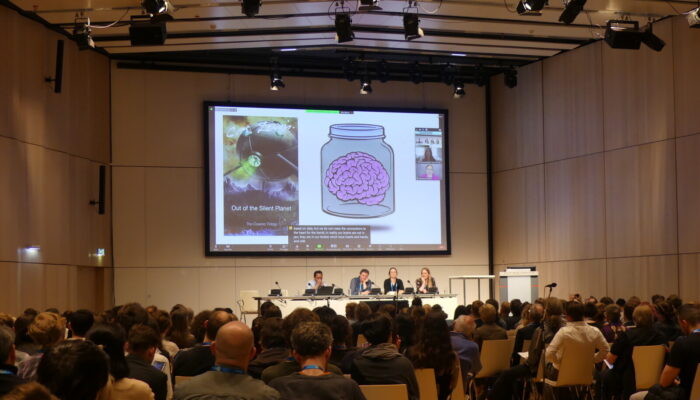We are researchers. Researchers are people. People sometimes have children. These are three simple statements (and fundamental truths) that are often overlooked by institutional and funding policies, leading to a disconnect between the demands of research and the responsibilities of parenthood. Especially in field-based research, which is typical in the geosciences, rigorous expectations of long h ...[Read More]
If you didn't find what you was looking for try searching again.
GeoLog
GeoPolicy: Your guide to engaging with science for policy at EGU25
Each year, the EGU’s Science for Policy Programme at the EGU General Assembly provides participants with insights on how their research and expertise can be integrated into the policymaking process and the opportunities that exist for them to engage. This month’s GeoPolicy Blog post highlights some of the exciting #Sci4Pol sessions and initiatives that you can engage with! While this blog post hig ...[Read More]
GeoLog
Let’s get to work: Jobs and Careers opportunities at EGU25
Attending conferences is a great way to widen your existing network, meet potential employers and grow your professional skills. At EGU25, there are lots of exciting and useful career networking opportunities, training and events, regardless of whether you attend virtually or on-site in Vienna! Short Courses SC 2.4 Navigating Your Path to Mid-Career: How to become a supervisor Mon, 28 Apr, ...[Read More]
Geomorphology
20 Years of GM [Part 1]: Looking Back with Geomorphology Division Presidents!
This year the EGU Geomorphology (GM) division celebrates its 20th year (and it’s been a little over 10 years since our first GM blog post too!), so keep an eye out for exciting celebrations during the General Assembly in April. Ahead of this momentous celebration, we found time to sit down with four of the GM’s past presidents to discuss how EGU, the GM Division and the geomorphology community has ...[Read More]
Natural Hazards
Discover, Collaborate, Innovate: EGU 2025 is Here!
The EGU 2025 General Assembly, scheduled from 27 April to 2 May 2025 in Vienna, Austria, is one of the most anticipated events in the geosciences field. This year’s assembly is expected to gather thousands of scientists from across the globe, offering an unparalleled opportunity to engage with the latest research, innovations, and trends in Earth, planetary, and space sciences. Whether you’re a st ...[Read More]
GeoLog
Wondering what Open Science means in practice at EGU25? Visit the Open Science & Data Help Desk!
Trusted data propels trusted science. From crafting data management plans to using software, Earth scientists can create change that makes research more accessible and reproducible. The Open Science & Data Help Desk connects Earth science researchers and data experts – bring your questions and join us at EGU25 in the Exhibition Hall X2 at #X208! The Open Science & Data Help Desk features ...[Read More]
Cryospheric Sciences
Feeling (un)frozen lands: What we can learn from research on ecological grief
Retreating glaciers, shrinking sea ice or thawing permafrost – many of you might have witnessed formerly familiar landscapes being transformed by climate change over the last years, maybe even beyond recognition. And perhaps these undeniable changes have left you feeling sad, angry or anxious about the future, fearing what lies ahead. But did you know there is an entire academic field out there re ...[Read More]
Hydrological Sciences
HydroTalks: Dr. Ilja Van Meerveld and Sara Blanco on Landscape-Vegetation Interactions, Citizen Science, and CrowdWater
Welcome to HydroTalks, the EGU HS division’s podcast series where we discuss advancements, challenges, and opportunities in hydrology. In this episode, we interviewed Dr. Ilja van Meerveld, a Group Leader at the University of Zurich, focusing on hydrological processes, landscape, and vegetation and one of the coordinators of the CrowdWater Citizen Science project. We were also joined by Sar ...[Read More]
GeoLog
How to make your EGU25 presentation accessible!
Most people spend a lot of time and effort making their presentation engaging and impactful, but how much time do you spend making sure it is accessible!? An accessible presentation takes into account the diverse backgrounds and abilities of the audience, to support a better understanding of the message and information you are trying to share. This is particularly important for scientific research ...[Read More]
Tectonics and Structural Geology
TS Must-Read – Rowe and Griffith (2015) Do faults preserve a record of seismic slip: A second opinion
Earthquakes shake the Earth almost every day, but what exactly happens within rocks during these seismic events is a matter of debate in the scientific community. The article “Do faults preserve a record of seismic slip: A second opinion,” published in 2015, offers a thoughtful review of the sure and potential records of seismic slip in rocks. The paper examines the notion that rocks i ...[Read More]

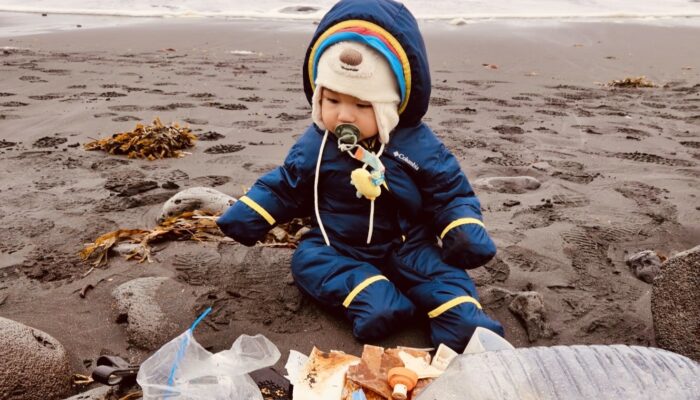
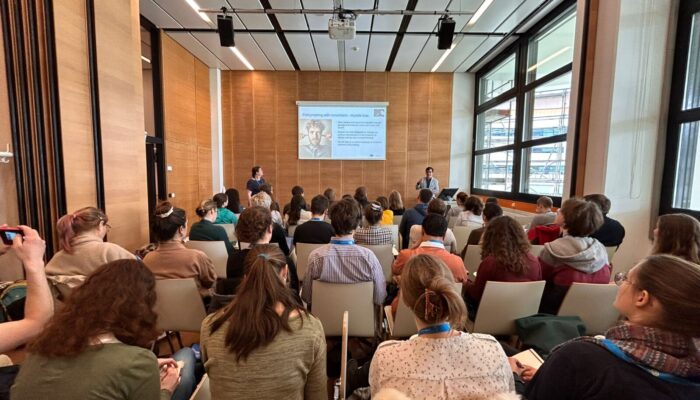
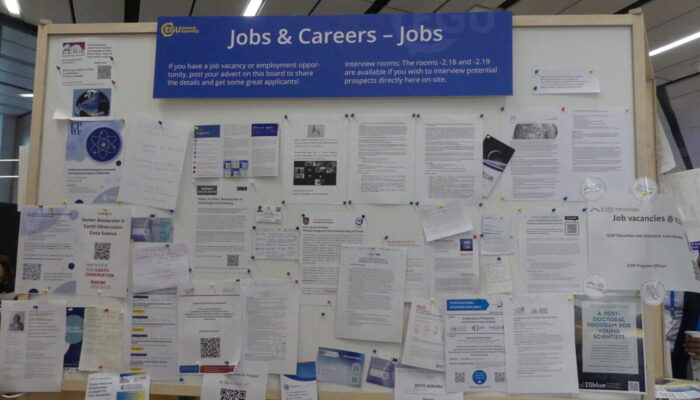
![20 Years of GM [Part 1]: Looking Back with Geomorphology Division Presidents!](https://blogs.egu.eu/divisions/gm/wp-content/blogs.dir/21/files/2025/04/4-700x400.png)

